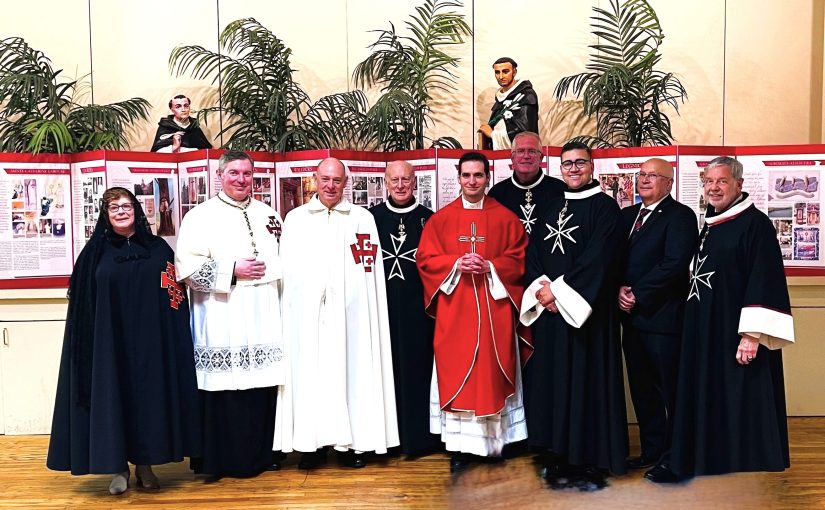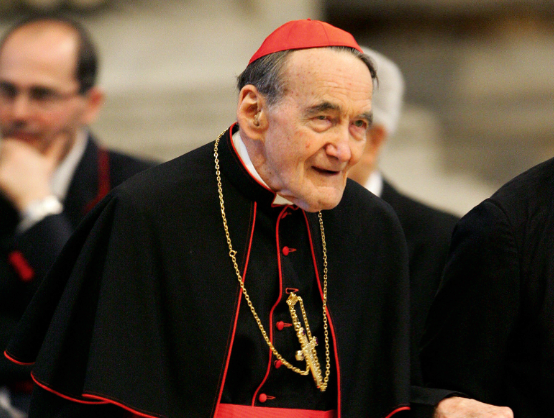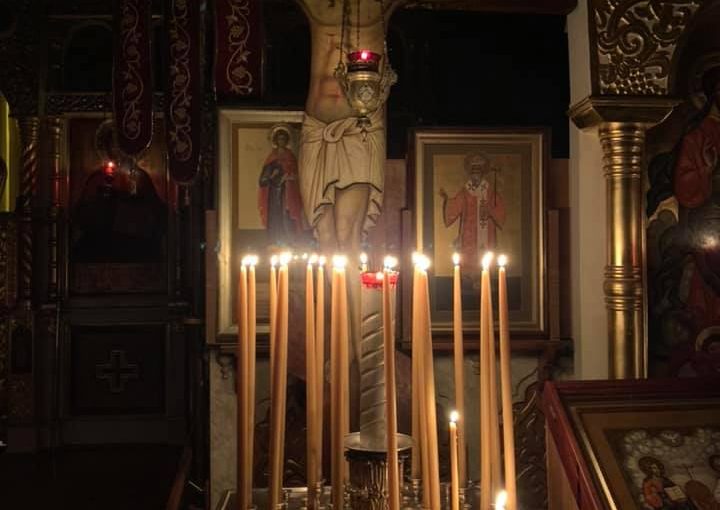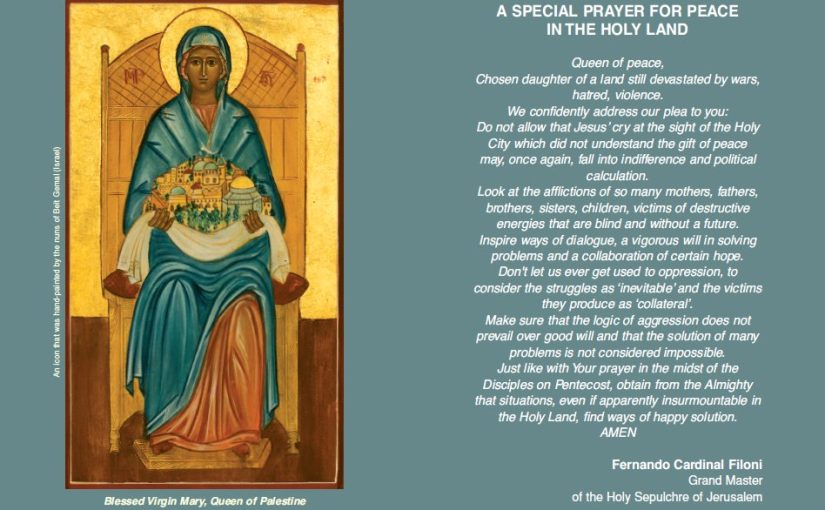Approaching the 1,700th anniversary of the Council of Nicaea, you’ll start to hear a lot of really bad and stupid arguments. One is that Constantine originally supported the Athanasian line of thought against the Arian line and that’s why the Council decided the way they did. Here’s the the thing: no! And here’s why –
“The story of 1st Nicaea and (especially) its aftermath is not just not what e.g. Dan Brown claimed: it’s literally the opposite.
Constantine didn’t interfere at the council on behalf of what is now orthodoxy. If anything, he was sympathetic to Arianism, but mainly he was against a creed that would exclude the Arians: he wanted everyone to stop *fussing*. He was complicated, but *probably* at least on many levels wanted a Christianity that was a syncretistic popular religion to tie together the empire and provide continuity with paganism, an easy fuzzy-minded baptism of Sol Invictus.
That is what he didn’t get.
He *tried* to interfere theologically at one point after the council: he commanded Athanasius to rescind Alexander’s anathematization of Arius.
Athanasius responded thusly: “What concern had the emperor with it? When did a decision of the Church receive its authority from the emperor? Or rather, when was his decree even recognized? There have been many [local] councils in times past, and many decrees made by the Church; but never did the fathers seek the consent of the emperor for them, not did the emperor busy himself in the affairs of the Church….The Apostle Paul had friends among those who belonged to the house of Caesar, and in the writing to the Philipians he sent greetings from them: but never did he take them as associates in his judgment”.
In other words, Constantine was, for at least part of his life, *really trying* to be in a Dan Brown novel. Like, his level best. Not the part about deciding what books were in the Bible, but the part about patching together an imperially helpful compromise syncretistic religion. That religion would have been Arianism: a platonic high God with a Jesus who was a sort of highest in the created order Sol Invictus divine son. Who one was allowed to worship. This religion would have been amenable to all kinds of both gnostic and demi-pagan developments: you could bolt on an emanation or two; old gods could sneak back in as Arian “saints” to be worshiped, because if you could worship a created being in Jesus, why not worship other lesser created beings? As a treat?
But that is *precisely* what was rejected at & after Nicaea.
One God. Christ Jesus, the man, is God. Consubstantial with the Father. There is no time when He was not.
All the saints who we honor, Mary herself, are simply not consubstantial with the Father. That is not and has never been orthodoxy. And this has always been entirely public and clear. The possibility of a paganized and syncretized religion presented itself, then: as long after the death of the last apostle as we are after the American Revolutionary War.
It tried its best. It looked very much like it was going to win.
Of course that religion would have lost Christianity’s Judaism, but it might have been a lot more helpful empire-building wise. Super easy to skootch any pagans you run into in to the Arian “Church”.
But what Athanasius (and, in the end, all but two of the 318 bishops who attended) said to Constantine and Arius was this: Yes I see what you mean, that would be a more straightforward religion and make things easier politically. But that is not what the apostles taught. That is a new thing. And we say no.
God from God, Light from Light, true God from true God, begotten not made, ὁμοούσιον τῷ Πατρί”
– Sussanah Black Roberts, Editor of Plough Quarterly and Mere Orthodoxy
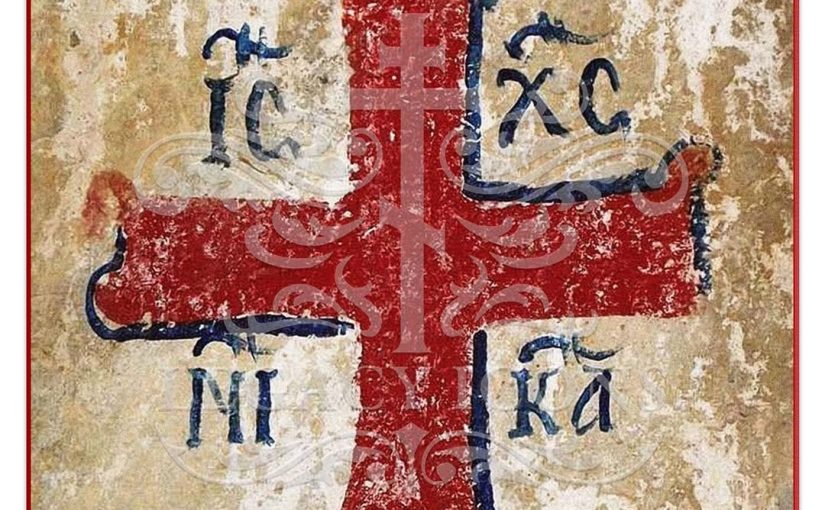
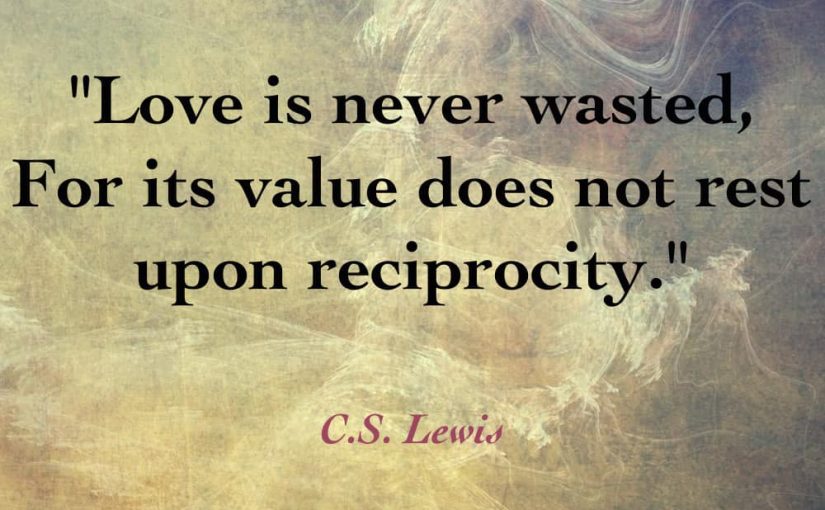
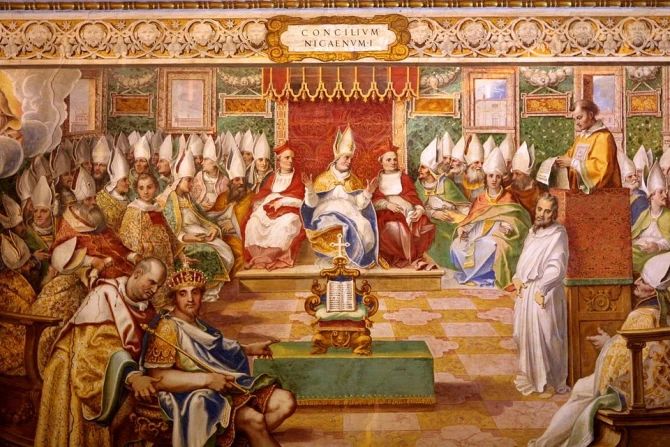
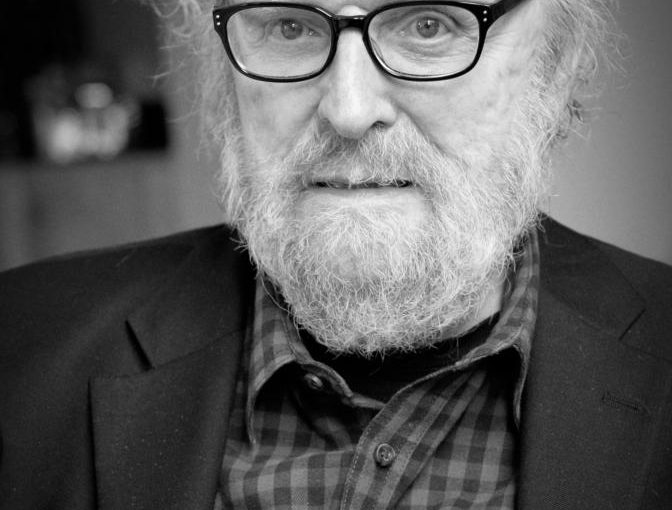

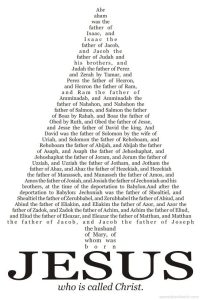 Who are you? Where do you come from? Who are your parents? Where did they come from, and who are they related to by blood? These questions are frequently asked and explored by us. We want to know more than the superficial facts of a person’s life.
Who are you? Where do you come from? Who are your parents? Where did they come from, and who are they related to by blood? These questions are frequently asked and explored by us. We want to know more than the superficial facts of a person’s life.